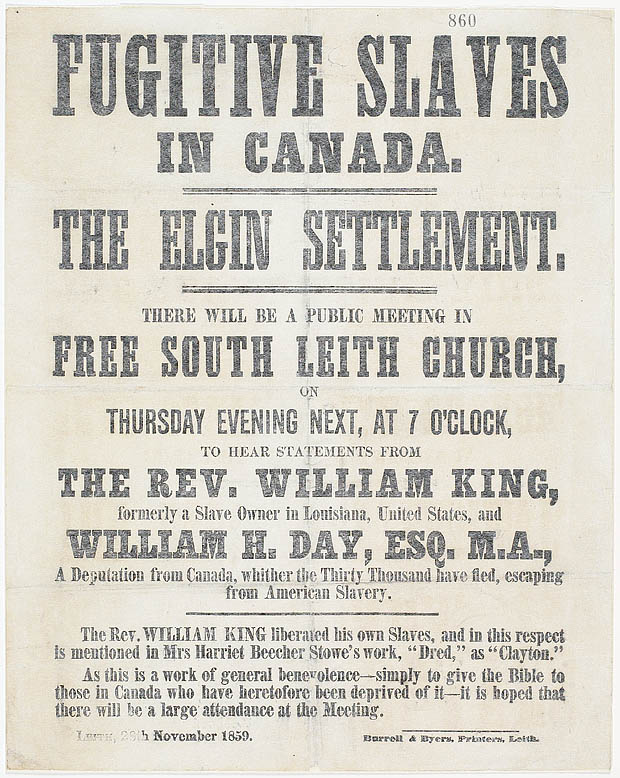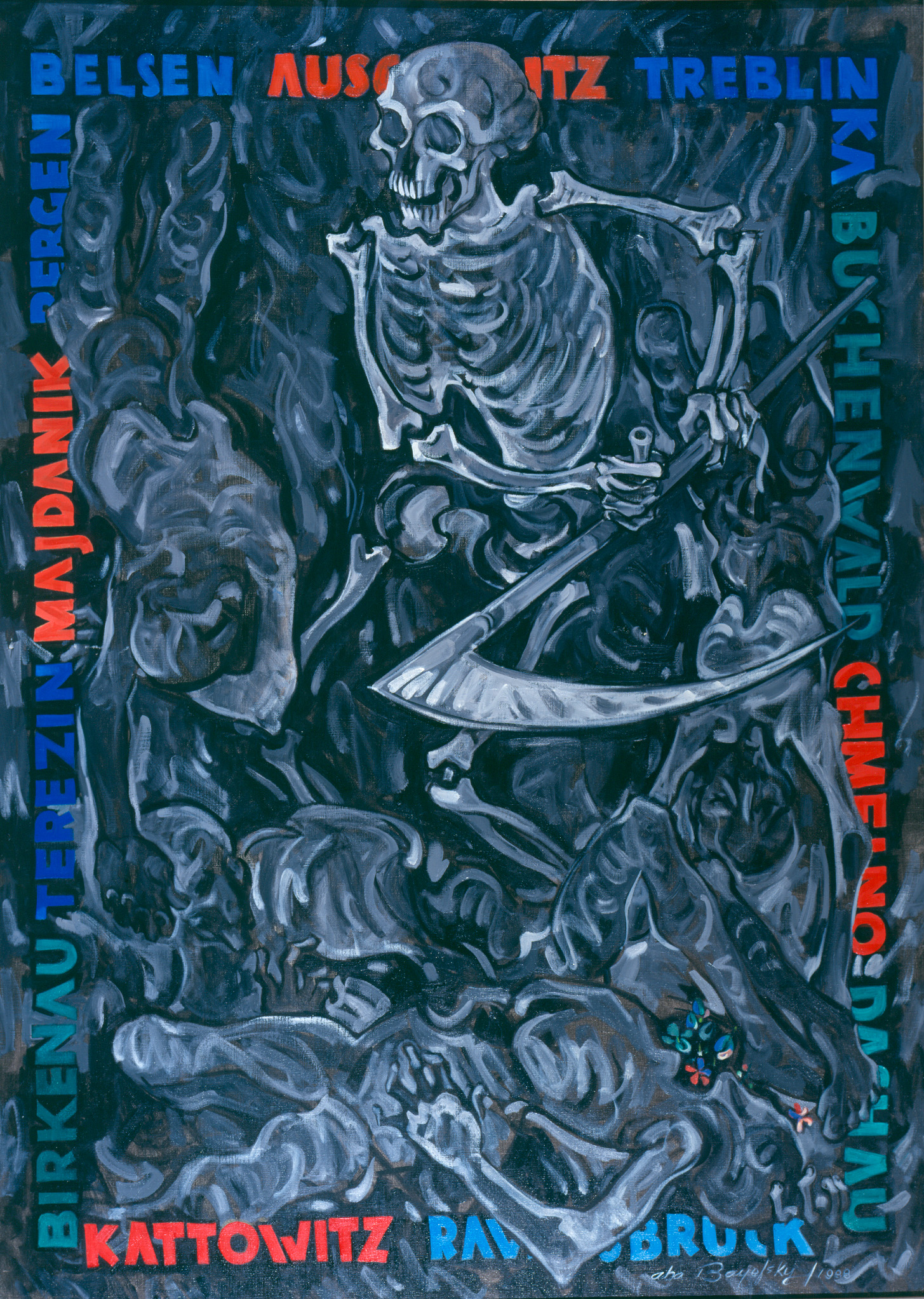Article
Fugitive Slave Act of 1850
The Fugitive Slave Act of 1850 was enacted by the United States Congress on 18 September 1850. It extended the reach of the institution of slavery into the free Northern states, stating that refugees from enslavement living there could be returned to enslavement in the South once captured. The Act led thousands of freedom-seekers to take refuge in Canada. It was repealed 28 June 1864.








